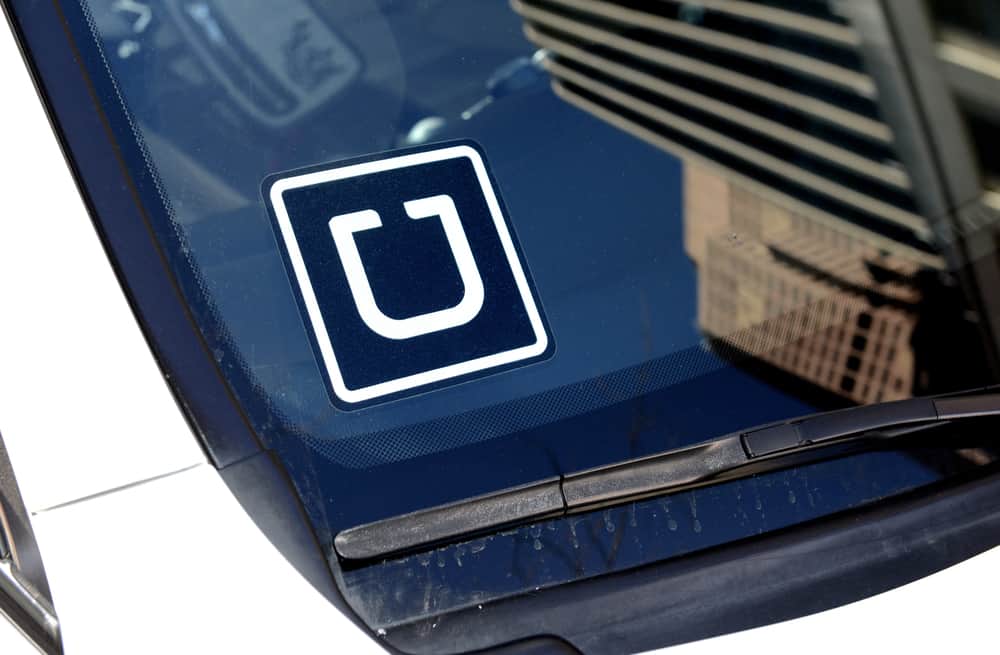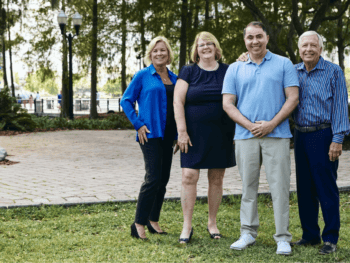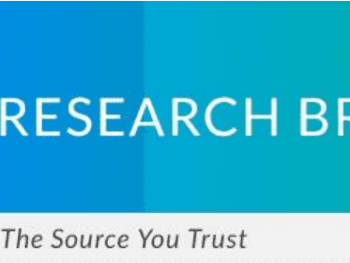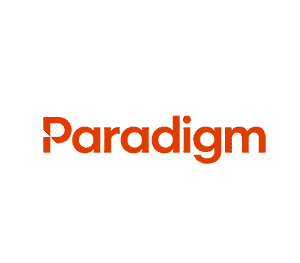
Think psychosocial issues don’t have a big enough impact to warrant addressing them? Actually, it costs three times as much to treat the physical health of a patient with underlying behavioral health issues, according to research from the Agency for Healthcare Research and Quality.
Injured workers with catastrophic injuries are even more prone to such issues than others. With depression, anxiety, and other emotional health conditions running rampant during the COVID-19 pandemic, it is crucial for organizations to look beyond the typical treatment options to help catastrophically injured workers reach optimal outcomes.
Behavioral Health Issues
Quickly identifying underlying behavioral health issues is key to preventing any workers’ compensation claim from going south. The level of complexity of catastrophic injury claims can make this process especially difficult.
A variety of issues can affect an injured worker’s recovery, such as a lack of resilience and a poor economic situation. But experts in catastrophic care management point to two particular risk factors that can dramatically impede recovery:
- Family support
- Community support
Click Link to Access Free PDF Download
“The 6-Step Process To Determine Workers’ Comp Injury Causation”
Injured workers who are on their own are at much higher risk for delayed recoveries than those who have a strong family and/or friend support system. A person’s emotional wellbeing, family and community dynamics play a significant role in outcomes.
Uncovering behavioral risk factors among catastrophically injured workers involves much more than just identifying those who live alone. Predictive assessment tools can detect patterns of risk and illuminate the worker’s overall likelihood of having a poor outcome.
One catastrophic care management company, for example, uses a systematic care management program that looks at 16 ‘body systems,’ of which ‘family’ is one. Paradigm has found that this system has a tremendous benefit in its treatment of catastrophically injured workers.
“When we looked at outlier cases that we thought cost $2 million and they cost $4 million, we looked at identifying the triggers that caused that difference,” explained Kevin Turner, CEO, Paradigm Catastrophic Care Management. “We identified the psychosocial triggers were the family and community, before [the injury] there were family problems, maybe drug problems, and these factors contribute to the injured workers’ recovery.”
Behavioral Health Solutions for Catastrophic Claims
Addressing those and other behavioral issues make a substantial difference in the lives of catastrophically injured workers. But doing so requires expertise beyond that of a nurse case manager.
Intense, psychosocial support for injured workers — and their families — is best accomplished by highly trained and skilled behavioral health professionals who collaborate with the case management team. They can remove barriers to recovery and coordinate additional community support resources for issues such as:
- Mental illness
- Substance abuse
- Financial burdens
- Food scarcity
- Childcare
In the case of Paradigm, the company partnered with an organization that specializes in one-on-one care for catastrophically injured people, including those with traumatic brain injuries, spinal cord injuries, amputations, multiple trauma, and severe burns. These experts bring an extra level of claims advocacy to the table.
AiRCare Health’s community support specialists augment the company’s ‘whole person, whole family approach” to working with catastrophically injured workers. The result may be the entire care management team recommending interventions for mental health, pain, substance abuse, marriage counseling, financial counseling, or other services.
“Working together with AiRCare, Paradigm can bring an even greater set of resources and amplify our approach to deliver outcomes that exceed expectations for injured workers and their families,” Turner explained. “Through this collaborative partnership, Paradigm will utilize AiRCare’s data capabilities to stratify risk and identify the best clinical interventions and care for injured workers.”
Summary
Behavioral health challenges have been heightened to levels not seen before. Problems with family and community support — or lack thereof — can unnecessarily trigger multi-million dollar claims.
Those caring for these injured workers can best help them with such issues by partnering with professionally trained community support specialists to provide a deeper level of psychosocial care.

Contact: mstack@reduceyourworkerscomp.com.
Workers’ Comp Roundup Blog: https://blog.reduceyourworkerscomp.com/
©2020 Amaxx LLC. All rights reserved under International Copyright Law.
Do not use this information without independent verification. All state laws vary. You should consult with your insurance broker, attorney, or qualified professional.














